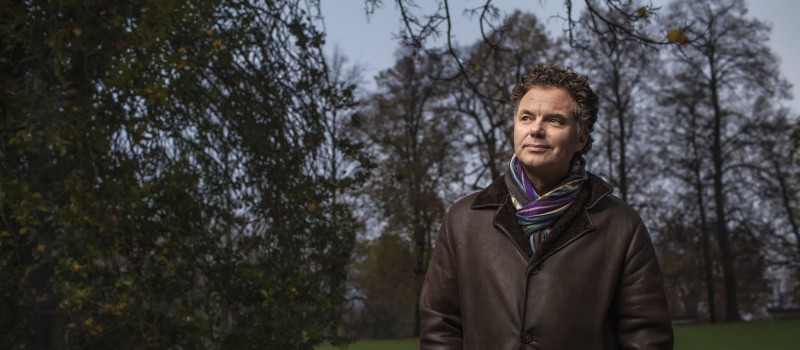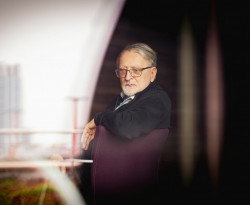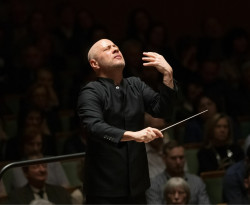
Budapest Festival Orchestra
Beethoven, R. Strauss
Ticket prices
Add this event to your Google Calendar.
Most people first think of Beethoven and Richard Strauss as two serious artists who created immense amounts of dramatic music. Nevertheless, both also had a sense of lightness as well. Beethoven's Symphony No. 4 follows established classical traditions, but later on amazed even the great Romantic Berlioz himself. Strauss's opera Ariadne auf Naxos, for its part, combines the mythological theme of the title with entertaining elements of the commedia dell'arte.
'There is a world where everything is pure, and this lovely world is that of the dead,' starts Ariadne's aria, in which the title character goes from a state of initial gloom to gradually embracing the death that Hermes will bring her as redemption, all accompanied by cheerful, playful melodies. However, the Cretan princess pining over her lost love on the island of Naxos is then joined by Zerbinetta and her company of troupers, who are, to put it delicately, more than a bit alien to this mythological world. The explanation for this bizarre fusion of genres comes in the opera's first act, in the Prologue, where we find ourselves in a world not entirely unlike that of Molières's Le Bourgeois gentilhomme, where upper class pretensions clash with nouveau riche tastes. An opera and a light comedy have been ordered for a fancy party, and now the two companies have to perform them together, and at the same time! In the end, Ariadne and Bacchus fall in love with each other in a beautiful and glorious duet joined by the full orchestra.
Presented by: Budapest Festival Orchestra
Sections
Conductor:
-
Iván Fischer
Featuring:
-
AriadneTünde Szabóki
-
BacchusRoberto Saccà
-
NaiadSamantha Gaul
-
EchoMirella Hagen
-
DryadOlivia Vermeulen
Parking information
We wish to inform you that in the event that Müpa Budapest's underground garage and outdoor car park are operating at full capacity, it is advisable to plan for increased waiting times when you arrive. In order to avoid this, we recommend that you depart for our events in time, so that you you can find the ideal parking spot quickly and smoothly and arrive for our performance in comfort. The Müpa Budapest underground garage gates will be operated by an automatic number plate recognition system. Parking is free of charge for visitors with tickets to any of our paid performances on that given day. The detailed parking policy of Müpa Budapest is available here.
Refreshments – Without the Queue
Thanks to our new catering service at the Átrium Snack Bar, you can forget about waiting in line during intermissions for some refreshments and get your order prepped especially for you by the time the intermission actually starts. Find out more about pre-ordering here.
Safe ticket purchase
Dear Visitors, please note that only tickets purchased from the Müpa website and official ticket offices are guaranteed to be valid. To avoid possible inconvenience, we suggest buying tickets to our performances and concerts via the mupa.hu website, the Interticket national network (jegy.hu) or at our official ticket offices.


